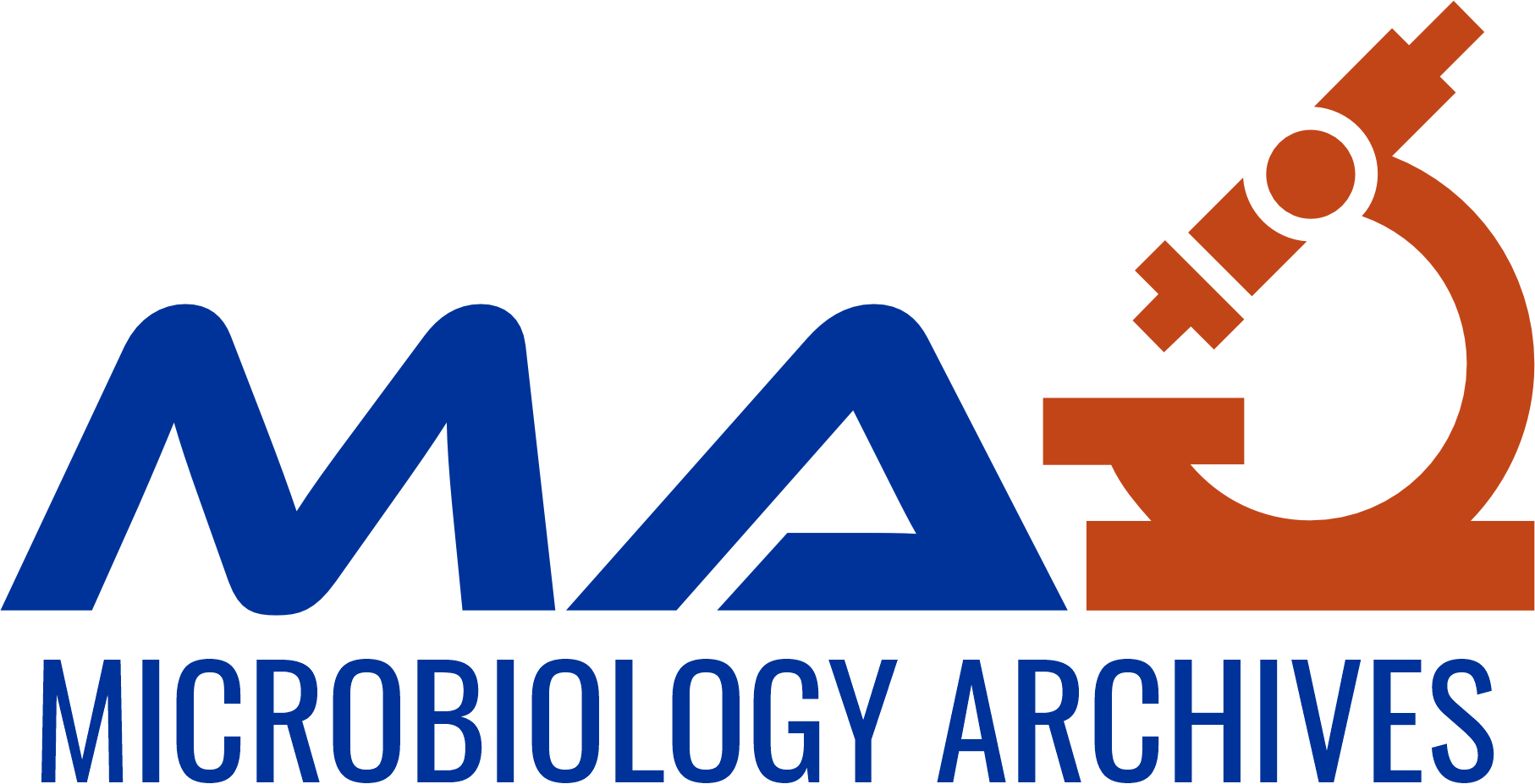Plagiarism Policy
The Microbiology Archives: An International Journal upholds a strict plagiarism policy to maintain academic integrity and ensure the originality of all published work. Plagiarism, defined as the use of another’s words, ideas, or research findings without appropriate attribution, is a serious ethical violation that the journal actively works to prevent.
To detect and prevent plagiarism, Microbiology Archives requires all submitted manuscripts to undergo rigorous screening using advanced plagiarism detection software, such as Turnitin or iThenticate. This process identifies any instances of duplicate content, inappropriate paraphrasing, or uncredited sources. If plagiarism is detected at any stage of the review process, the editorial team evaluates the severity and nature of the issue, with actions ranging from requesting minor revisions to rejection of the manuscript. In cases of significant or intentional plagiarism, authors may be barred from submitting future manuscripts to the journal.
The journal encourages authors to properly cite all sources and submit only original work. It also provides guidance on ethical authorship practices and offers resources to help authors understand and avoid plagiarism. By enforcing this policy, Microbiology Archives strives to maintain high ethical standards, ensuring that all published research is authentic and contributes genuine knowledge to the field of microbiology.
We adhere to the COPE (Committee on Publication Ethics) guidelines for handling plagiarism cases. The COPE flowcharts will be consulted during the investigation of plagiarism complaints.
For more details, authors can refer to COPE flowcharts regarding:
Suspected plagiarism in a submitted manuscript.
Suspected plagiarism in a published manuscript.
This revised policy reflects the high ethical standards of Microbiology Archives, an International Journal.
Join us in our efforts to shape a sustainable future through research and innovation.








